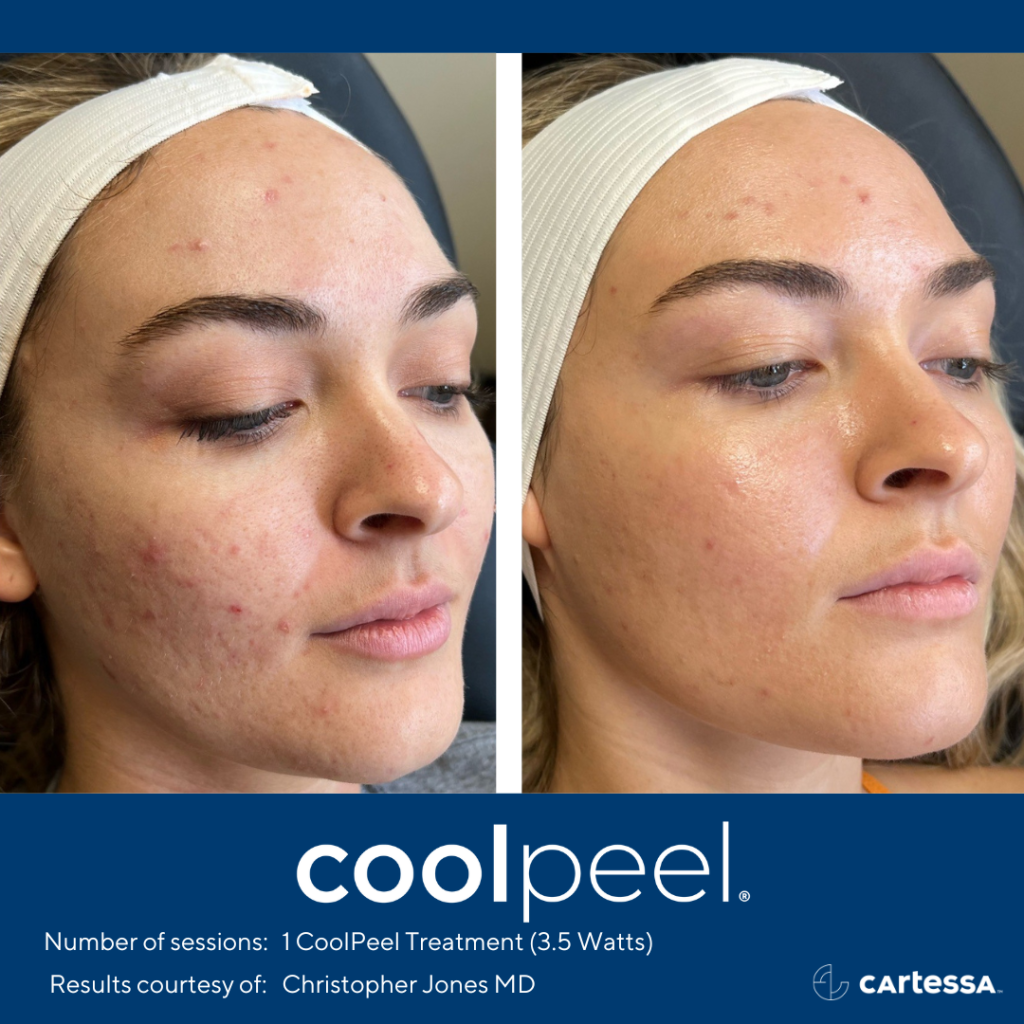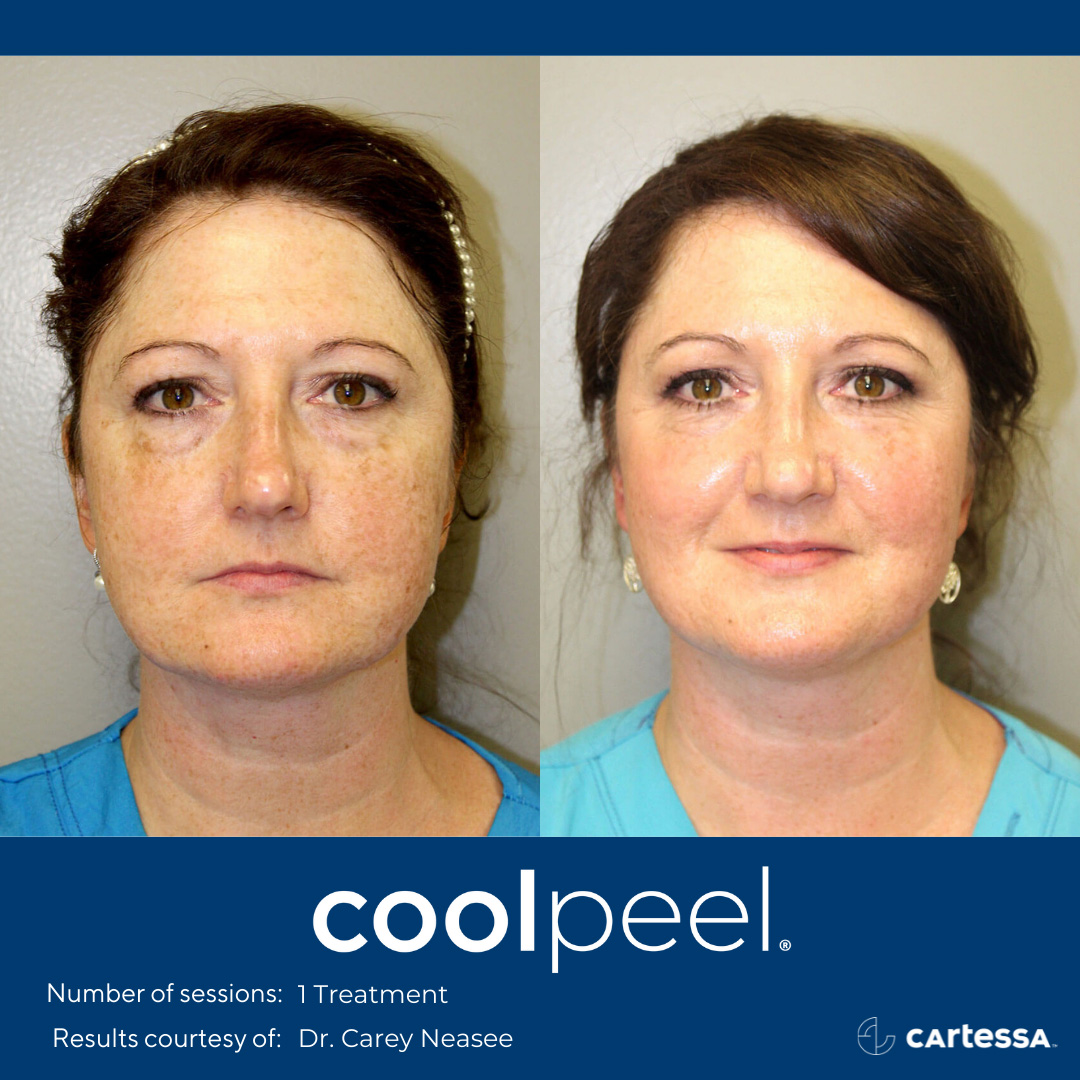Checking Out the Most Recent Trends in Dermatology: Treatments and innovations
As the field of dermatology proceeds to evolve, groundbreaking technologies and cutting-edge treatment approaches are transforming patient treatment. From the rise of telemedicine to the raising use of man-made knowledge, these developments use improved diagnostic accuracy and individualized therapy options.
Pioneering Technologies in Dermatology: A Closer Appearance

The Surge of Personalized Dermatology Therapies
With the introduction of sophisticated technologies in dermatology, a notable shift is observed towards even more individualized therapy techniques. These approaches frequently come from the understanding that each person's skin is special, needing individualized treatment. Coolpeel Laser. Tailored therapies aim to address details skin worries based on hereditary info, lifestyle factors, and specific reactions to treatments
Individualized dermatology treatments can range from bespoke skin care products to personalized healing plans. The surge of personalized dermatology therapies signifies an extensive change in patient treatment, emphasizing the individual's special requirements and responses.
Dermatology and the Influence of Artificial Knowledge
While customized therapies reinvent person treatment in dermatology, another substantial transformation is brought around by the combination of fabricated knowledge (AI) AI's prospective extends to anticipating therapy end results and customizing treatment strategies, boosting the effectiveness of the existing practice. Regardless of these obstacles, the influence of AI on dermatology is indisputable, pointing towards a future where technology and human knowledge job in tandem for enhanced client treatment.
The Growing Appeal of Non-Invasive Dermatological Treatments
In the world of dermatology, a noteworthy shift is being observed towards non-invasive treatments. These sophisticated techniques, such as laser chemical, microdermabrasion, and treatment peels, are gaining popularity due to their minimal recuperation time and decreased danger of difficulties. The trend shows a more comprehensive social choice for quick, effective treatments with little interruption to life. Non-invasive procedures frequently provide find this a more cost effective choice to medical treatments, making them easily accessible to a wider population. This advancement in dermatology not only shows technological advancements in the field however additionally suggests changing individual assumptions and needs. As this industry remains to expand, it is anticipated to form the future of skin-related treatments dramatically.
Emerging Organic Treatments in Dermatology
Are organic treatments the next frontier in dermatology? Other organic therapies, like TNF preventions and IL-12/ 23 inhibitors, have additionally revealed promise. Their introduction stands for a substantial shift in dermatological therapy strategies.
Conclusion
The landscape of dermatology is swiftly developing, with developments in telemedicine, expert system, and non-invasive treatments blazing a trail. Customized therapies and emerging biological therapies are redefining patient care. These advancements highlight the field's dedication to innovation and improved client results. As dermatology continues to grow and adapt, it remains a dynamic field her explanation that is poised to deliver progressively efficient and targeted therapies.
As the area of dermatology continues to evolve, groundbreaking technologies and innovative therapy methods are changing client care.With the development of sophisticated technologies in dermatology, a noteworthy change is observed in the direction of even more individualized treatment strategies. Tailored treatments intend to attend to certain skin concerns based on genetic info, way of living factors, and specific actions to treatments.
The rise of click for more info personalized dermatology therapies indicates an extensive modification in individual care, highlighting the individual's special requirements and feedbacks.
